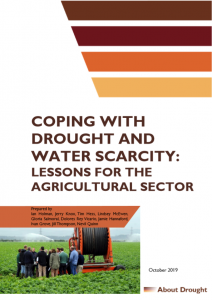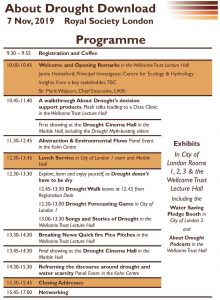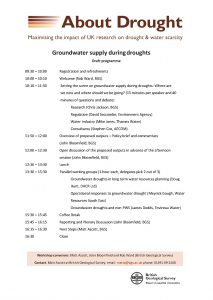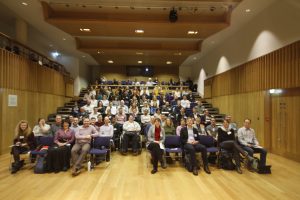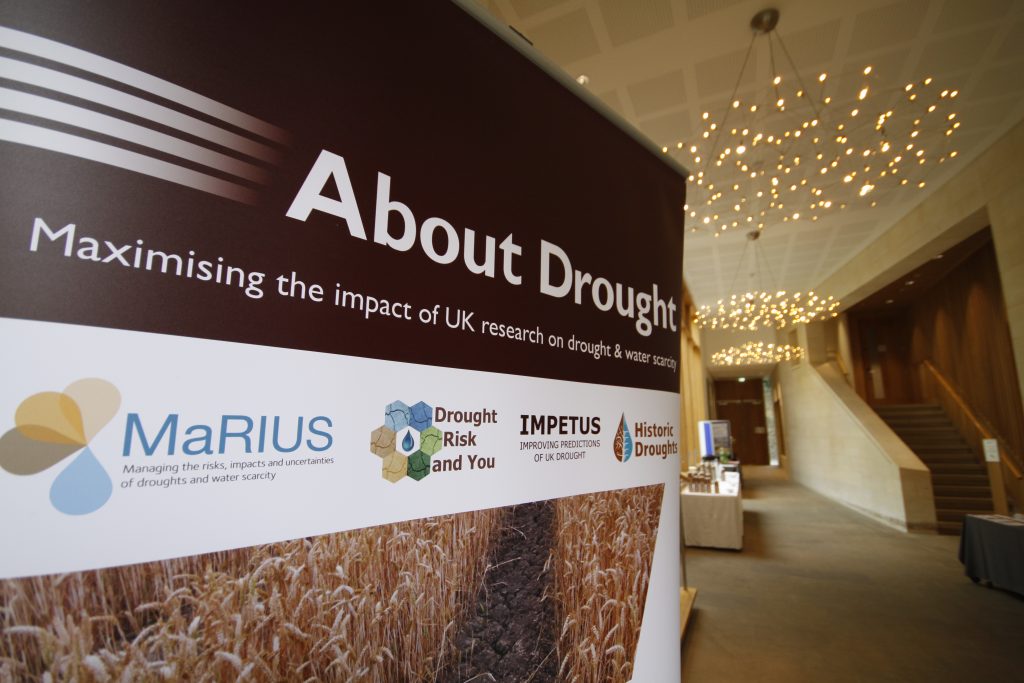
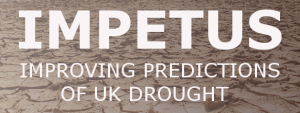
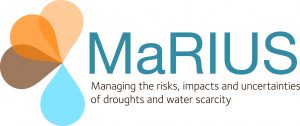
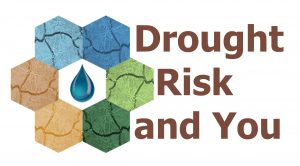
Experts from across the UK’s £12m drought and water scarcity research programme – About Drought – will be sharing insights at EGU2019, including Dr Katie Smith who has been invited to present a keynote talk.
Droughts and water scarcity jointly pose a substantial threat to the environment, agriculture, infrastructure, society and culture in the UK, yet our ability to characterise and predict their occurrence, duration and intensity, as well as minimise their impacts, has often been inadequate.
From the new ‘Shiny’ app to share and visualise data to a searchable archive of past drought impact information from diverse documentary sources going back 160 years, as well as podcasts and drought myth-busting videos, About Drought has brought together science and social sciences in a successful interdisciplinary approach that addresses current and future water scarcity challenges.
Four projects have been funded as part of this major programme with an additional final project – ENDOWS (known as About Drought) – focusing on engaging with stakeholders, practitioners and the public to involve them in the programme and to disseminate information about the findings, outputs and datasets that everyone can use. ENDOWS is also enhancing operational drought management through improved monitoring and early warning of drought which is being co-developed with stakeholders during the ongoing dry weather. Research also covers the impact of climate change and weather it is increasing the chance of events like the 1976 North West European drought occurring. The programme is funded by NERC, ESRC, EPSRC, BBRC and AHRC.
Although the programme does not wrap up until later this year, last year’s drought across Europe called elements of its outputs into operational use ahead of schedule, by water suppliers, regulators and policy-makers. You can hear about this and other aspects of the programme during EGU2019 in Vienna, April 7-12.
The four projects are:
- Historic Droughts – understanding past drought episodes to develop improved tools for the future.
- IMPETUS – improving predictions of drought to inform user decisions.
- MaRIUS – managing the risks, impacts and uncertainties of drought and water scarcity.
- DRY – Drought Risk & You – bringing together stories and science to support better decision-making for drought risk management.
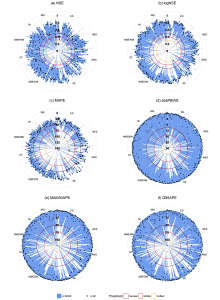
Monday, April 8, 14:00-14:15 Room B
Keynote talk for session “Hydrological extremes: from droughts to floods” – What’s past is prologue: Reconstructing historic flow data to inform management of future hydrological extremes.
Read the abstract.
Follow Katie on Twitter @katieasmith26
Monday, April 8, 14:15-14:30 Room B
Session “Hydrological extremes: from droughts to floods” – UK Hydrological Droughts: how severe were historic events? Insights from a systematic event characterisation and ranking over the last 125 years. Read the abstract.
Monday, April 8, 16:15-18:00 Room -2.16
Session “Using R in Hydrology”. Lucy is a co-convenor and will be presenting her Shiny app, developed within the Historic Droughts project, as a demo of how you can use Shiny to share and visualise data. Read the abstract.
Follow Lucy on Twitter @lucybarkerjane.
Mike Bowes (Nutrient Hydrochemist & Group Leader on River Water Quality and Ecology, Centre for Ecology & Hydrology, Wallingford, UK)
The work Mike will be presenting is not directly funded through About Drought but the understanding of the causes / triggers of algal blooms in the River Thames will be used within ENDOWS this year to predict how the size and magnitude of algal and cyanobacterial blooms may change under future climate scenarios / future droughts.
Monday, April 8, 14:00-14:15 Room 2.31
Session “Advancing understanding of hydrochemical and ecological processes controlling fate of natural organic matter, nutrients and pollutants in freshwater and engineered systems using state-of-the-art methods” – Utilizing high-frequency, automated monitoring to determine nutrient sources, fates and impacts on microbiology in the River Thames catchment, UK. Read the abstract.
Nikolaos Mastrantonas (Research Associate Hydrologist, Centre for Ecology & Hydrology, Wallingford, UK)
Nikos is contributing to development of stakeholder bespoke visualisation schemes for sub-seasonal/seasonal forecasting of river flows and in the development of nationally consistent datasets, aiming to enhance resilience in the UK public water sector.
Friday, April 12, 16:15-18:00 Hall X3 Poster 85
Session “Extreme meteorological and hydrological events induced by severe weather and climate change” –Drought Libraries: a nationally consistent toolkit for improved resilience in the UK public water supply sector – poster presentation. Read the abstract.
You can follow Nikos on Twitter @NikMastrantonas.
Find out more from About Drought:
Watch a news report from the About Drought Showcase
View our drought myth-busting videos featuring water users, regulators and About Drought experts:
Listen to our podcasts featuring audio anecdotes with people recalling the 1976 drought, gardening, wildfire, media coverage of drought and water saving campaigns.
Browse this About Drought website to discover more about our research, latest events and sign up to the About Drought newsletter.
Follow us on Twitter: @AboutDrought

